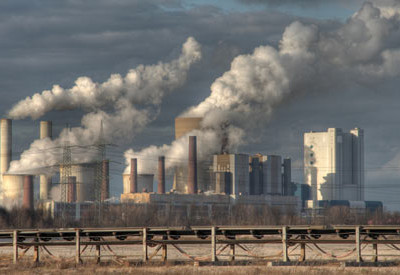What Does Climate Change Mean for Water Rights?

Dan Farber and I, along with Berkeley economist Michael Hanemann, have a new report out on climate change and water rights in California. The report—Legal Analysis of Barriers to Adaptation by California’s Water Sector—was prepared by Berkeley Law’s Center for Law, Energy & the Environment, and it can be downloaded here. The report was released by the California Energy Commission’s Public Interest Energy Research (PIER) Program.
The idea behind the report was to identify ways that water law in California may facilitate or obstruct adaptation to climate change. We were looking for reforms that would make adaptation easier, with an emphasis on those that may be politically feasible. We concluded that having an accurate record of who is using water in California, and in what quantity, is the single most important step towards preparing for climate change. That information is a critical component in the development of future policy, and even in the enforcement of current laws.
In addition to calling for better reporting requirements for surface water and groundwater, we also recommend that groundwater planning be improved, that the State Water Resources Control Board take steps to prevent the unreasonable use of groundwater, that the Board provide information about efficient agricultural management practices, that all beneficiaries of water rights bear some of the cost of administering those rights, and that water users be required to report what they believe their water rights to be.
We spend part of the report discussing why the state should act now. Climate change has already impacted California’s water supply, and those impacts are projected to continue and, in some cases, accelerate. For example, the state is warmer, which increases the demand for water, yet water is less available in the late spring and summer because the timing of spring runoff has advanced. State action now could reduce the need for costly emergency action later. And the longer the state waits to make changes, the harder it will be, because more stakeholders will make investments and take actions based on existing practices.
As the late Professor Frank Trelease noted 35 years ago, “If our climate should change for the worse, our water laws should change for the better.”
Reader Comments
4 Replies to “What Does Climate Change Mean for Water Rights?”
Comments are closed.







Reblogged this on Environmental regulation.
Reblogged this on Environmental regulation.